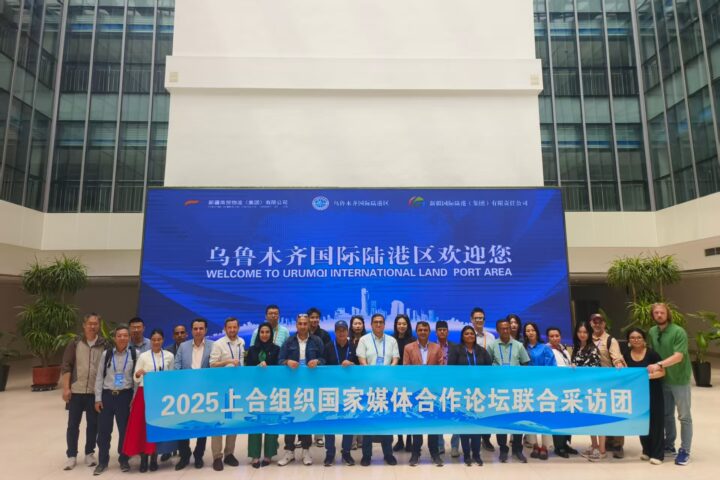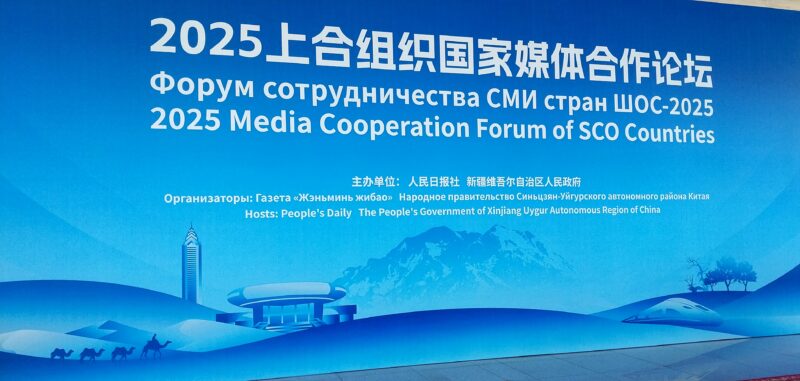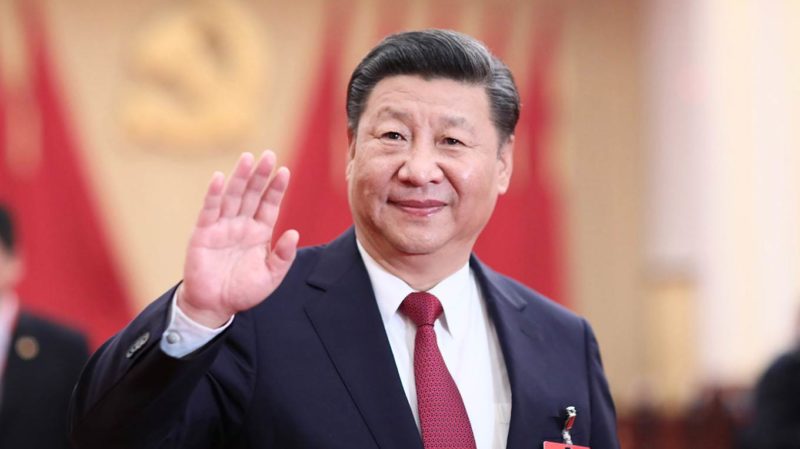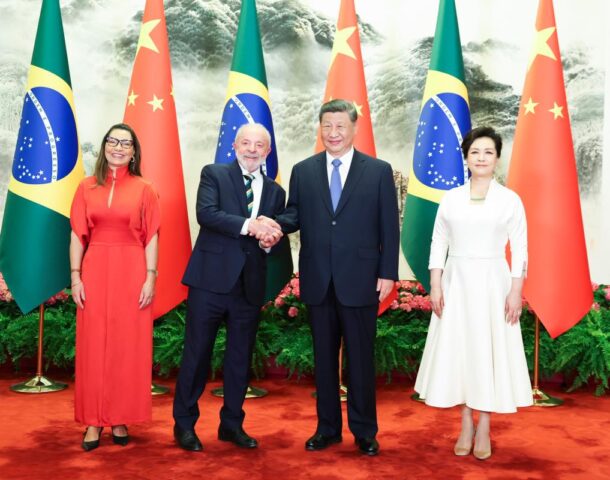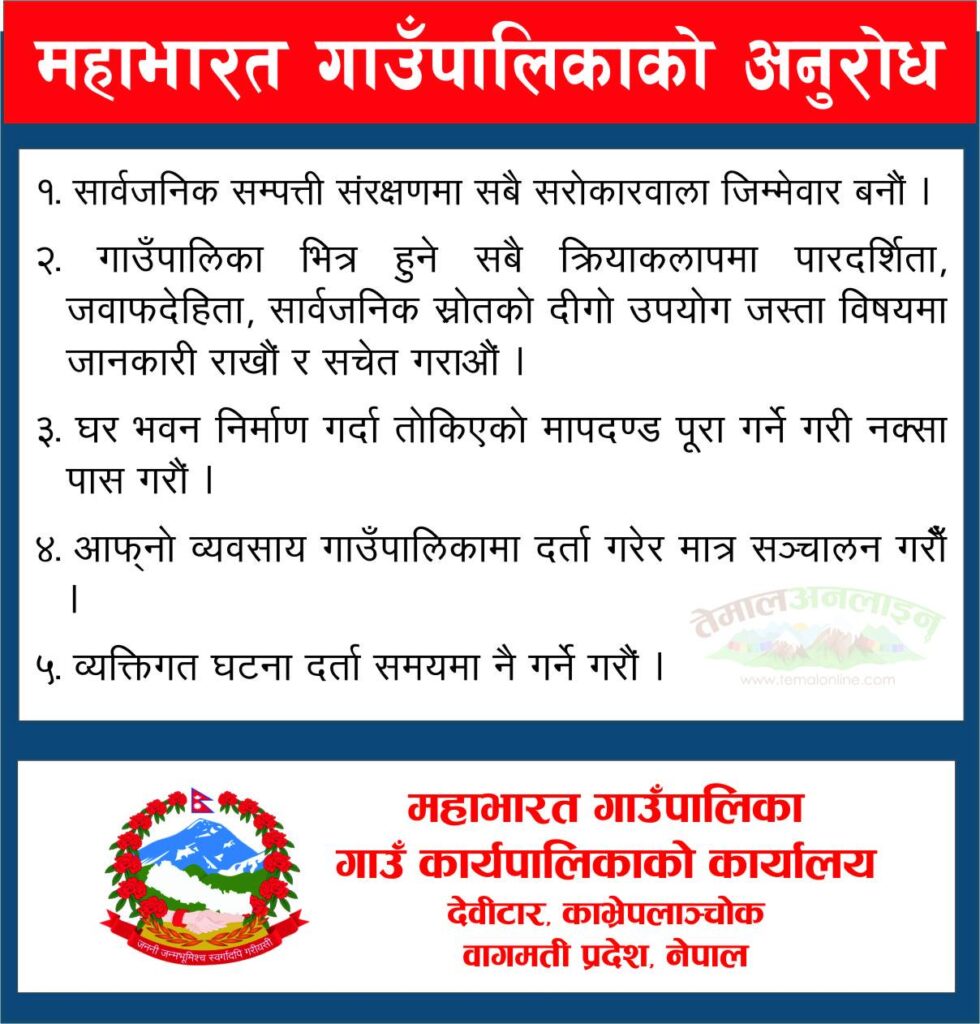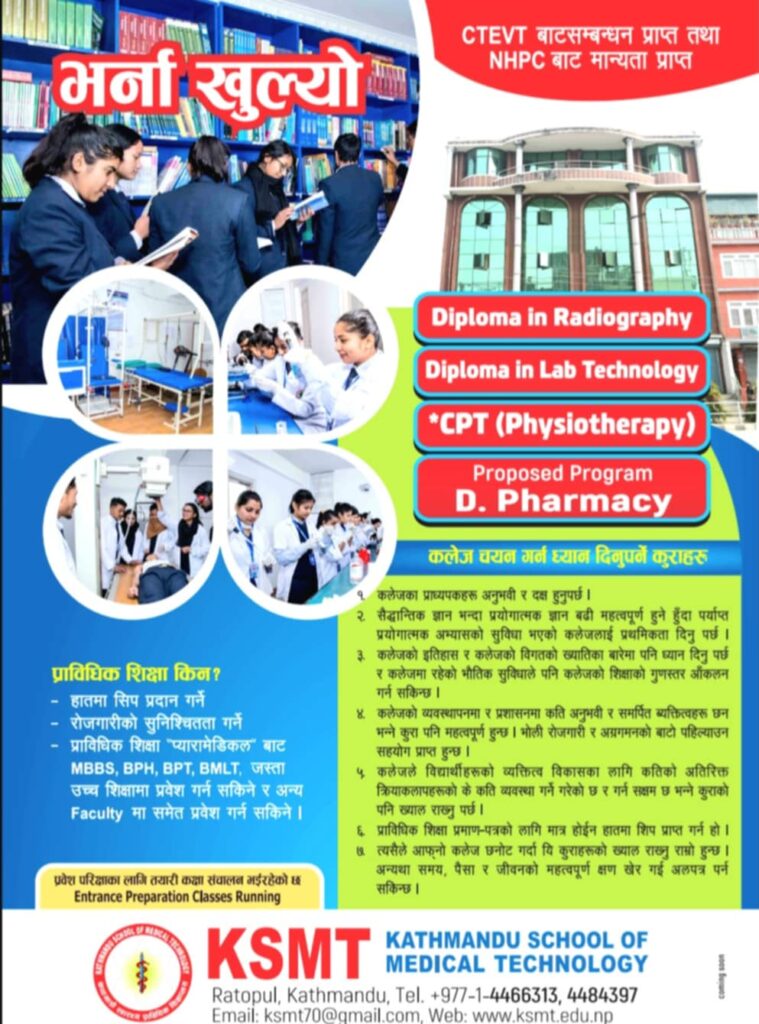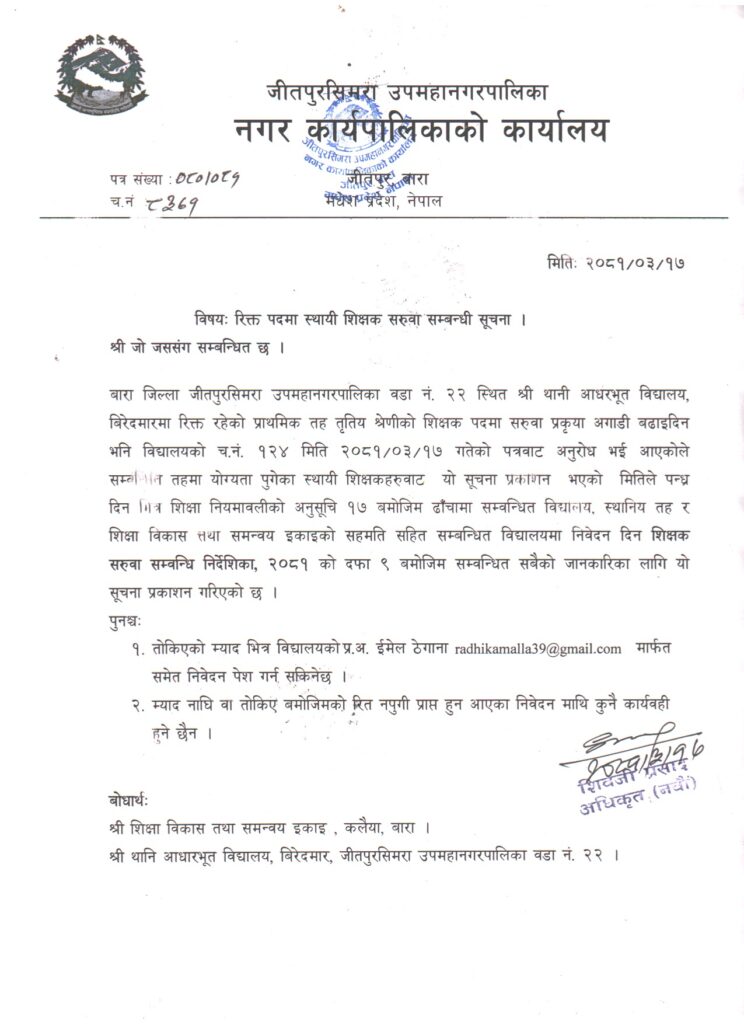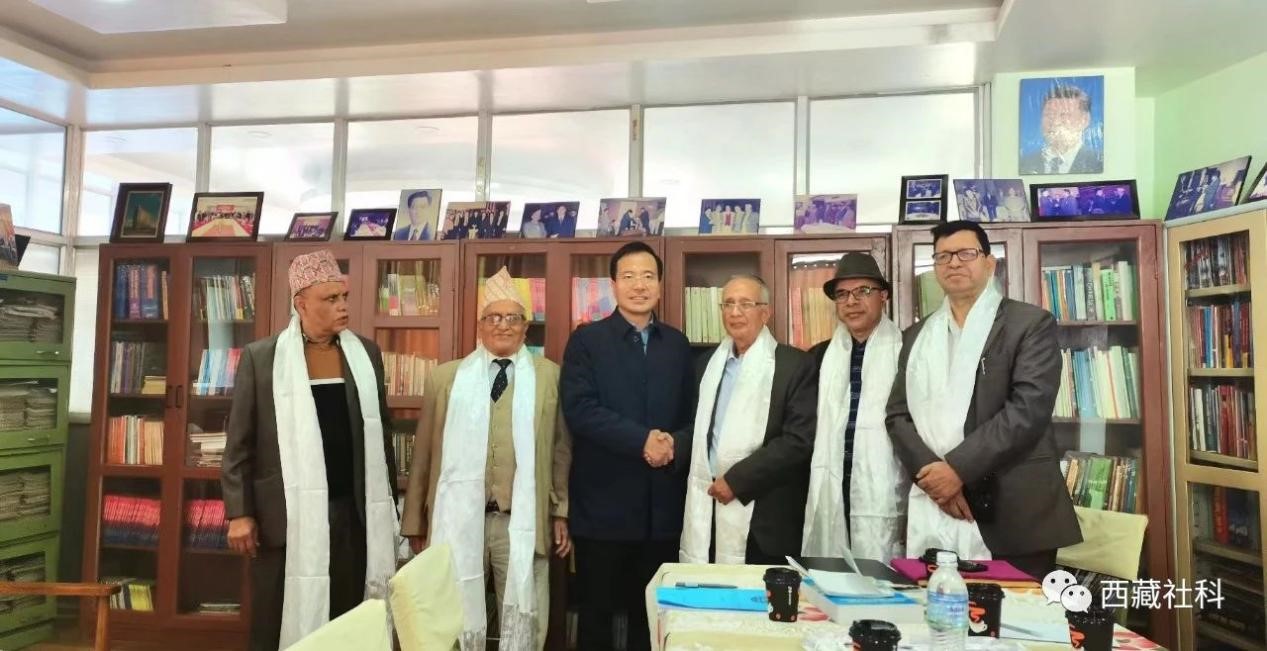
Think Tank Power to boost China-Nepal Community with a Shared Future
On December 8, after leading an academic delegation from XASS to the Nepal China Study Center and Makalu Book Publishing House in Kathmandu, Mr. Sun Xiangjun, Deputy Director of the Publicity Department of the Party Committee of the Xizang Autonomous Region (XAR) and Party Secretary of the Xizang Academy of Social Sciences (XASS), held discussions with experts and scholars from the Center on bilateral exchanges and cooperation in the fields of mutual visits, publishing, and research under the framework of the Belt and Road Initiative (BRI).

The Nepal China Study Center’s secretary general, Mr. Upendra Gautam, was present at the conference.
Mr. Gautam gave an overview of the Center’s past and present development. He said that China is a democratic country, that Nepal supports China’s progress, and that China had demonstrated to the world that a nation can overcome any number of challenges it faces if it is determined to advance. Nepal and China have collaborated extensively under the BRI framework, with Xizang playing a significant role in their interactions and joint efforts.
The Center and XASS, as think tanks, ought to focus more on and research a few important topics surrounding the implementation of RBI and make helpful recommendations for enhancing communication and collaboration. It is intended that XASS would share more effective experiences in reducing poverty and bring about more improvements and accomplishments in Xizang. As a frequent visitor to China, Mohan Lohani, a consultant with the Nepal China Study Center, expressed his unwavering faith in both China’s development prospects and the relationship between China and Nepal.
Respect was shown by Sun Xiangjun to the specialists and academics of the Nepal China Study Center, who have significantly bolstered ties between China and Nepal. He claimed that the Communist Party of China (CPC), which has forged its own course toward modernization, is the key to China’s success. The most genuine and successful democracy is found in China, where citizens’ interests are consistently reflected in national policies.
In order to progress Marxism with the times, the CPC has always been committed to the ideology and has blended its core ideas with China’s unique circumstances and exquisite traditional Chinese culture. As a social science research organization, XASS has previously collaborated and performed numerous exchanges with the Nepal China Study Center. It will continue to serve as a think tank and expand collaboration and exchanges in the future, particularly in the intellectual and cultural spheres, in order to foster advancement and mutual learning.
During the conversation, both parties came to the agreement that, as think tanks, they ought to intensify their collaboration and communication starting at the very beginning of building the China-Nepal community of a shared future and provide more insight into the meticulous development of the Belt and Road Initiative. In-depth conversations and exchanges on a wide range of useful topics were also had by the two parties. In the Center’s guest book, Sun Xiangjun wrote, “Strengthening academic exchanges and promoting a China-Nepal community of shared future.”
Advisor Mohan Lohani, Secretary Prakash Babu Poudel, Executive Member Prakash Neupane, Advisor Basudev Dhakal, and additional Center members; Staff members from various departments of XASS, along with experts and scholars from the Institute of Religion Studies, the Institute of Marxist Studies, the Institute of Contemporary Xizang Studies, and the Institute of South Asian Studies, attended the symposium.




